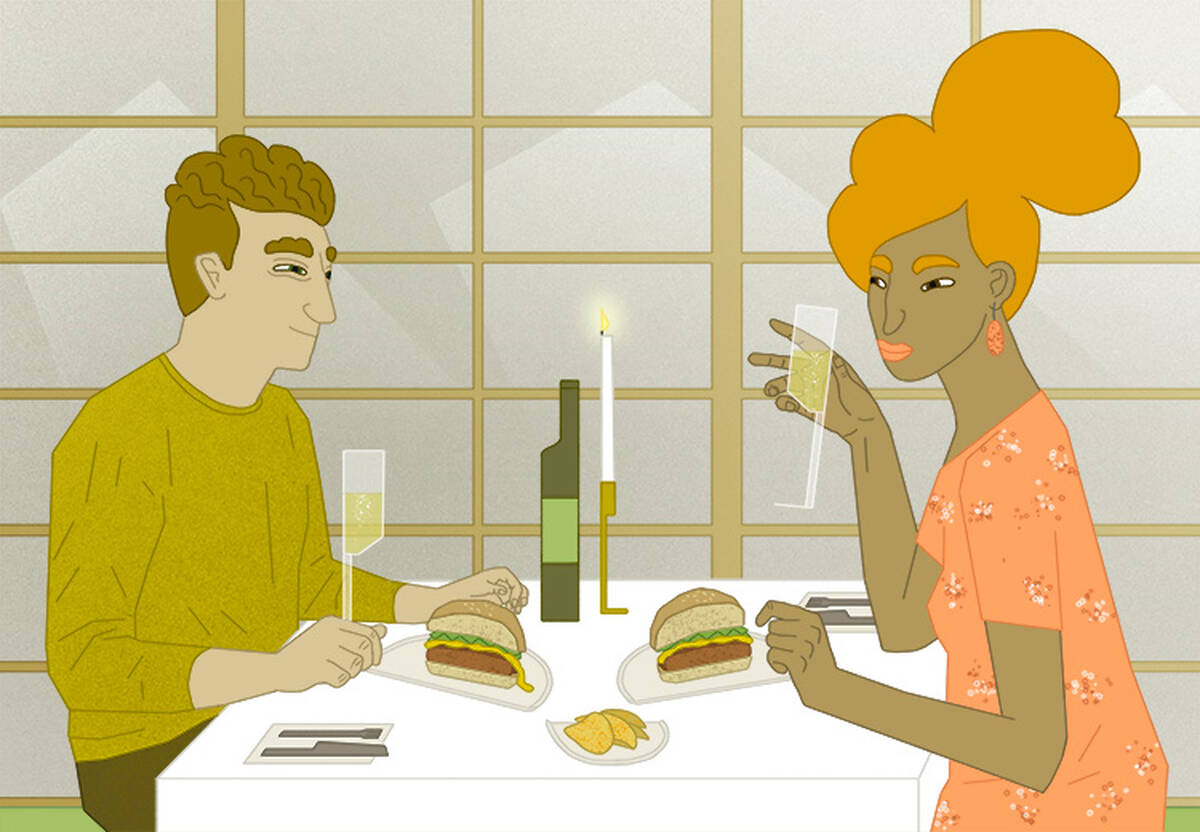Featured Faculty
Previously a Visiting Scholar at Kellogg
Associate Professor of Marketing
Professor of Management & Organizations
Member of the Department of Marketing faculty until 2017

Lisa Röper
Ah, the pleasures of the holiday season: cakes and cookies, wine and spirits, splurging on gifts for friends and family (and perhaps ourselves while we’re at it). Indulgences are front and center this time of year, enticing us at parties, in restaurants, and through store windows.
Unfortunately, some of those treats expand our waistlines and erode our bank accounts. But this need not be inevitable. Research from Kellogg School faculty offers some ways to maintain your motivation and self-control during the holidays.
1. Stay Motivated, Even in the Middle of a Holiday Task
When you begin a task, you start off strong. Say it’s your holiday shopping. You make a list, check it twice, and hit the stores (or Internet). About midway through, your energy wanes. You begin to wonder how the holidays became so commercialized in the first place, feel overwhelmed, and take a break.
This is totally normal, says Miguel Brendl, an associate professor of marketing at the Kellogg School of Management.
When we embark on a task, we feel accomplished as we make progress. But about halfway through, our perspective shifts and we begin to focus on the end result. Suddenly, we are far from both the beginning and the end. We feel stuck in the middle and lose our momentum.
“What we normally think of in motivation is how much willpower do I have to force myself to move on?” Brendl says. But “it’s not about willpower; it’s just perception.” And in the middle of the process, steps forward seem less valuable.
To maintain our motivation, we should give ourselves smaller tasks and rewards for working toward our goal. Binge watch some Netflix after buying your husband’s gift, perhaps?
2. Self-Control and the Precarious Middle
When our energy flags in the middle of a task, our self-worth takes a hit. But we feel even worse about ourselves if we give up early in the process, or with the end in sight, according to research by Maferima Touré-Tillery, an assistant professor of marketing at Kellogg.
We judge ourselves more harshly if we fail at those points because we naturally pay more attention to these transitions or break points, in the same way that we are more likely to remember items at the beginning or end of a list.
This is the case even if the transitions are totally arbitrary. For example, Touré-Tillery found that people were more likely to choose raisins over a candy bar for a noontime snack if it was framed as a snack for the “end of your morning” versus a snack to “keep your day going.”
So think of that holiday luncheon as happening at the beginning of your afternoon not the middle of your day, and you might more easily lay off the eggnog.
3. The Key to Self-Control: Avoid Temptation
Think you can maintain your self-control in front of the dessert buffet? After all, you’re feeling very composed right now.
Well, it turns out we have less control over our temptations than we think we do, especially when we are not feeling overly impulsive.
When we’re in a “cold state,” meaning we are not hungry or angry, for example, we are more likely to expose ourselves to temptation and thus indulge in impulsive or addictive behavior. This is because we are confident we can resist more than we actually can.
When we’re already feeling impulsive, says Loran Nordgren, assistant professor of management and organizations at Kellogg, we have a more realistic view of how well we can control ourselves.
One way we could keep ourselves from giving in to our desires is to simply avoid them. Says Nordgren: “We expose ourselves to more temptation than is wise.”
So just slowly back away from the meringue.
4. Guilt Can Be Your Friend, Sometimes
If you find yourself sheepishly heading back to the dessert table for another piece of peppermint bark, the guilt you feel might make the experience more satisfying.
Guilt amplifies the pleasure of indulging, according to research by Kelly Goldsmith, an assistant professor of marketing at Kellogg. In Goldsmith’s studies, she primed some participants to think about guilt by reading words like remorse, sin, and error, or by looking at health magazines. Those participants went on to enjoy chocolate and sweets more than people who had been given more neutral words or magazines to peruse.
Even a touch of remorse can motivate us to treat ourselves, so we should be wary of its effects. Making kids feel bad about drinking or drug use, for example, could actually make those behaviors seem more desirable, Goldsmith cautions. But for behaviors that are not so bad, “guilt can both be a vehicle to make safe indulgences more fun and more enjoyable for all of us.”
So go ahead and feel bad. It’ll make the peppermint bark that much more delicious
5. We’re going to exercise our self-control and leave it at that.